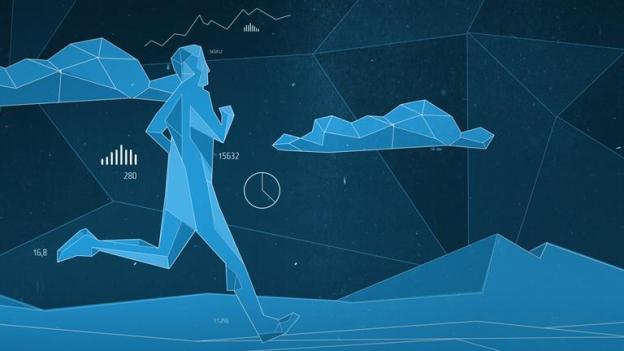 When we first heard about the little square lifelogging camera that had the power to document every 30 seconds of every day of your life, we were excited at what this meant for image-sharing platforms and the quantified self movement. Now the Memoto team, the creators of the camera, had produced a short documentary discussing the entire idea, and the pros and cons, behind the entire concept of lifelogging.
When we first heard about the little square lifelogging camera that had the power to document every 30 seconds of every day of your life, we were excited at what this meant for image-sharing platforms and the quantified self movement. Now the Memoto team, the creators of the camera, had produced a short documentary discussing the entire idea, and the pros and cons, behind the entire concept of lifelogging.
Most of the portable apps and devices available today are designed to track one’s progress on absolutely anything. You’ve got Fitbit for fitness and sleep activity monitoring, MyFitnessPal to keep track of your food intake, MercuryApp to chronicle your daily moods – these are just a handful of examples of a whole slew of products and sites that all cater to self accountability, with a purpose as simple as improving one’s health and overall well-being. Lifelogging may seem like an unfamiliar term to some, but it’s becoming increasingly prevalent – in the U.S. alone, 69 percent of adults track at least one health indicator, although most of them still do it the manually, either by memory or through paper.
The short film starts with a very basic definition of the term lifelog: “A record of a person’s everyday life produced by a portable device which they regularly carry around,” then diving into one-on-one accounts with people who are involved in the quantitative self movement.

While thinking about these negatives is surely worth discussion, there’s no denying the benefits. Self-tracking is a proven method for improving health, lifelogging has ample room for those who wish to prioritize quality over quantity. In the short movie, manual lifelogger Maren Connery shows her vast collection of binders containing photos, clippings, and random reminders. “I specifically date everything, so I know what I was doing on any particular day for the last 10, 15 years of my life,” says Connery. This is very different from the regular lifelogging approach that entails counting the number of times a person does a specific action, made famous by international collaboration Quantified Self.
Memoto intentionally chose filmmakers who were unfamiliar with the concept of lifelogging so that the audience could follow along with them better, gradually coming to understand what it really is. “We wanted to show the world how big the lifelogging movement really is and how much thought that has been put into it by academics, researchers, and enthusiasts,” says Memoto CEO Martin Källström. “Lifelogging helps you to know who you are, a unique person with your own abilities and interests. It’s a movement that has come a long way but right now is on the verge of a mainstream breakthrough.”
Källström believes the reason lifelogging is on the bleeding edge of wearable technology – alongside companies like Google and Apple – is the fact that current user behavior perfectly matches the state of the art technology and what it is able to deliver. Memoto’s lifelogging cameras will be ready for shipping by the end of summer this year – but for now, you can watch #Lifeloggers below.


